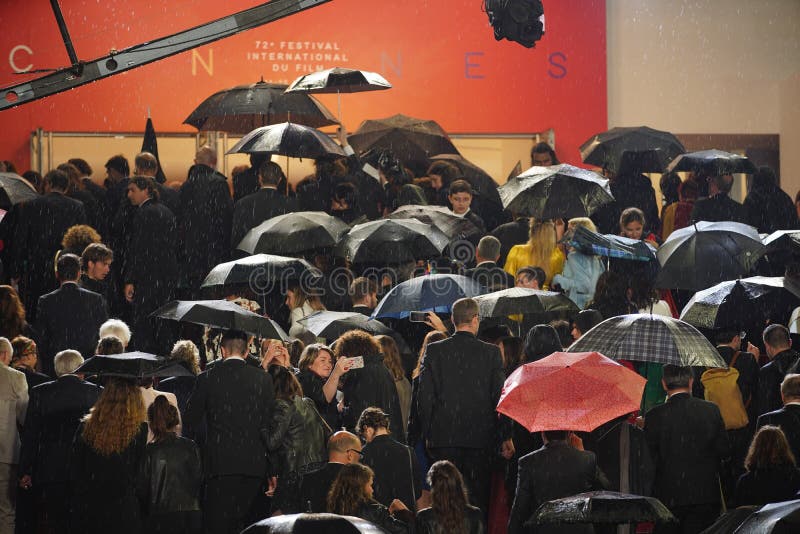

Students typically work alongside other students on similar or identical tasks and receive feedback about their performance. Academic confidence has an important impact on students’ desire to learn more in the future and those with low confidence are not only less motivated in their current education, but are less likely to consider further education (Ireson and Hallam 2009). ( 2001) found that for university students, self-confidence in their academic abilities was not only significantly related to expectations of success, it also positively affected their academic performance. The role of confidence, in terms of the perception of our own abilities, has been shown to have a positive effect on incentive and motivation (Benabou and Tirole 2002). Conversely, low self-confidence and illusory inferiority can result in slower progress or even dropping out of studying (Wehrens 2008). Higher self-confidence can be a driving force, motivating people to act and persist. People have to be motivated to study and the effort that they put in plays a big role in achievements. This study demonstrates the negative impact on confidence of upward social comparisons, and introduces a social comparison questionnaire specifically tailored for measuring people’s tendencies to make social comparisons in the academic domain.Īcademic success is rarely attributed to ability alone. Results also showed that academic confidence was neither higher nor lower in students who reported making more downwards academic comparisons. In domains such as reading and writing people’s confidence was higher if they made fewer academic social comparisons (irrespective of direction), and gender was not an important factor. The ASCS showed that female students tended to make more upward academic social comparisons and less downward academic comparisons than male students.

All three subscales of the ASCS showed good reliability when tested 6–9 weeks later. The results also showed that the less students reported that they socially compared in general, the more confident they were in reading, writing, and time management. Confidence in numeracy, speaking, and hard IT were, however, significantly lower in those students who tended to make more upward social comparisons. The study found that making downward academic social comparisons was not very commonly reported and did not relate to academic confidence in any domain measured. The 27-item ASCS was then measured in relation to academic self-confidence in a sample of University students, using the Individual Learning Profile (ILP) scale. This paper reports the development of an Academic Social Comparison Scale (ASCS) to measure students’ tendencies to socially compare themselves with other students in an educational setting.


 0 kommentar(er)
0 kommentar(er)
